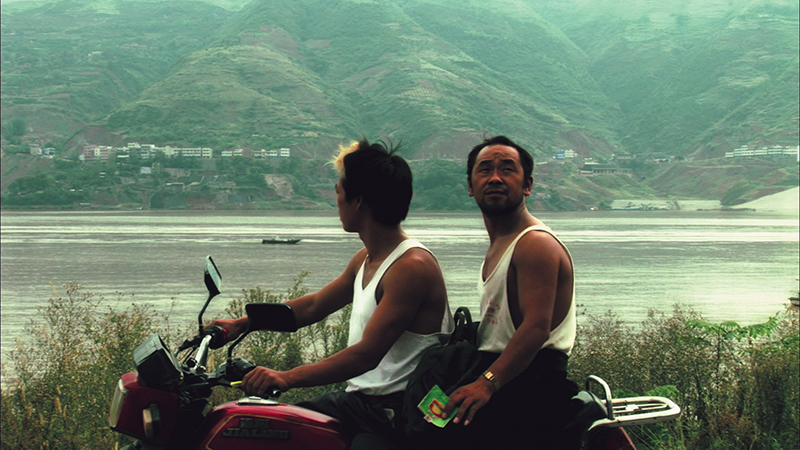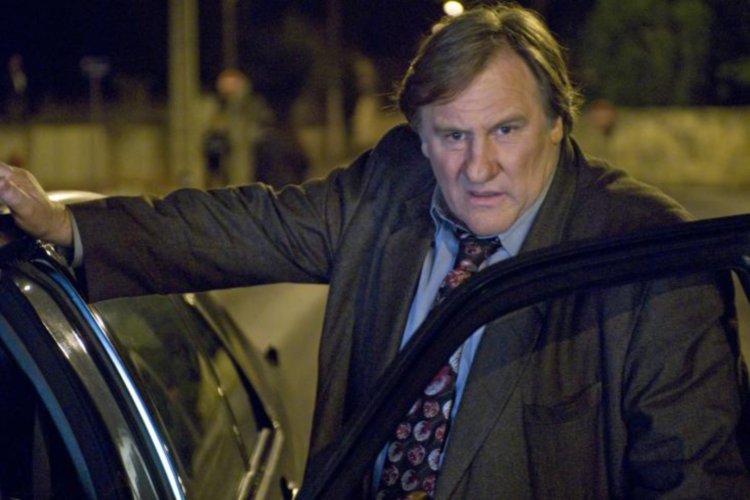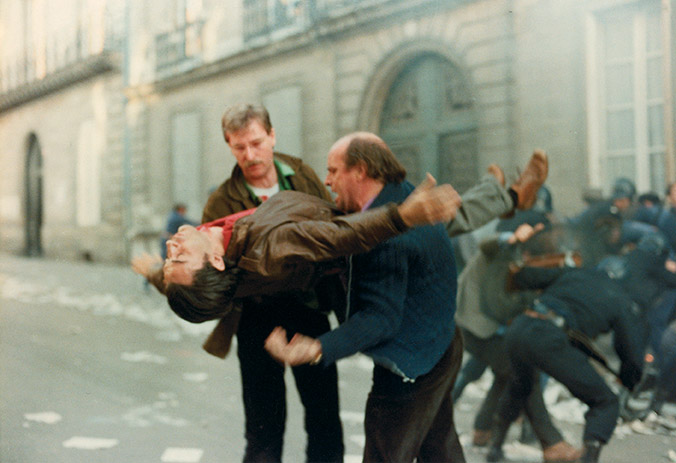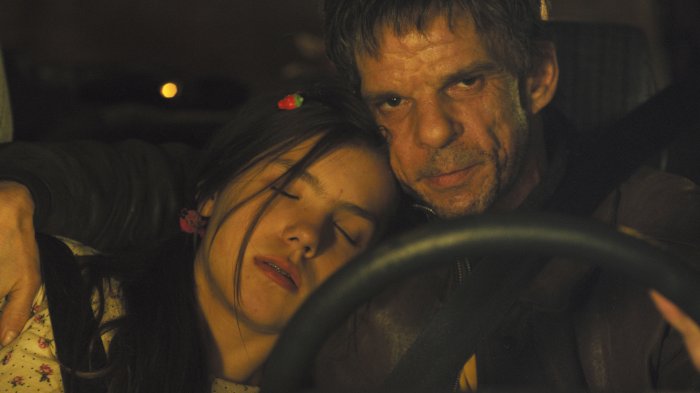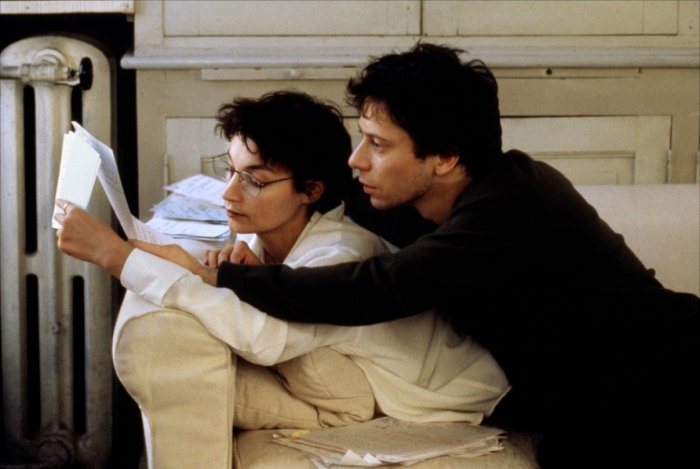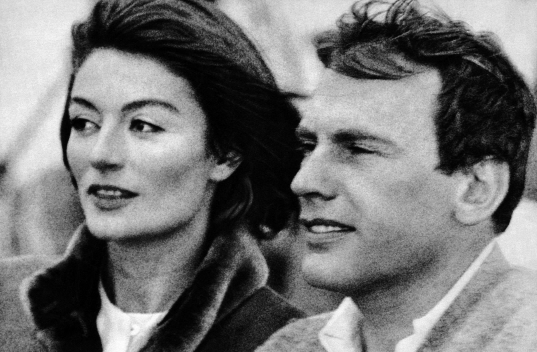영화 정보
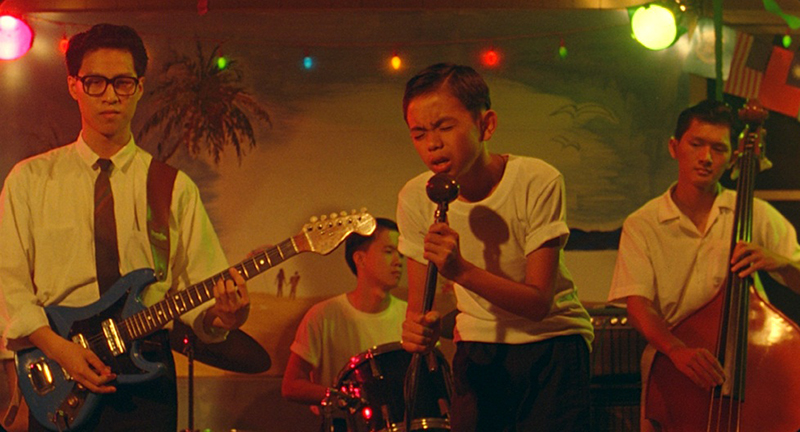
A Brighter Summer Day
Special Programs in Focus
Crime/Violence · Social Criticism · Coming of Age · Music/Dance
- CountryTaiwan
- Production Year1991
- Running Time237min
- Format Film(35mm)
- ColorColor
Program Note
A Brighter Summer Day was inspired by a true incident, a touchstone from Yang’s youth: the killing of a 14-year-old girl by a male high school student in Taipei on June 15, 1961. Yang frames the film with recitations over the radio of the names of students graduating from the same school in 1960 and 1961. The title comes from the lyrics of the Elvis Presley song “Are You Lonesome Tonight?”, phonetically transcribed by the hero’s sister so that a younger friend, Cat, can learn to sing them.
This song is only one of many cherished artifacts belonging to the film’s characters that come from somewhere else. A samurai sword found by the hero, Si’r, in his family’s Japanese house becomes the murder weapon, and a tape recorder left by the American army in the 1950s records Cat’s version of the Elvis song. An old radio that for most of the picture doesn’t work eventually broadcasts the list of graduating students. And a flashlight Si’r steals in the first extended scene from a film studio next to the school, where he periodically hides in the rafters to watch movies being shot, makes a fascinating progress through the film.
A charismatic gang leader in hiding who becomes a role model for Si’r describes spending most of his cloistered time reading “swordsmen” novels; he cites War and Peace as his favorite in that genre. A Russian novel being seen as part of a Japanese tradition only begins to describe the cultural alienation and isolation of a country occupied by the Japanese and Kuomintang, not to mention the American army.
The social landscape of A Brighter Summer Day is haunted by the absence of strong father figures and a sense of perpetual exile: Si’r’s father, a civil servant who came to Taipei from Shanghai (as did Yang’s father), is so weakened by the repression of the secret police and Taiwan’s militarized culture that he blames himself for his son’s failures at school. (The father and son’s two memorable walks home from school with their bikes, each time after Si’r has gotten into serious trouble, touchingly recognize their shared vulnerability.) Ming — the sensitive, flirtatious, unstable teenager Si’r falls for — is growing up without any father at all and is saddled with a mother as vulnerable as Si’r’s father. Refusing to judge any of his characters, Yang accords them all a compassionate respect and understanding that compels us to share their dilemmas. (Jonathan ROSENBAUM)
Director


Edward YANG
Edward Yang is one of the most renowned film directors from Taiwan. Born in Shanghai in 1947, Yang moved to Taipei in 1949. He began a new career as a filmmaker in 1981 and made his debut feature with That Day, on the Beach in 1983. His films include The Terroriser (1986), A Brighter Summer Day (1991), and Mahjong (1996). His last film, A One and a Two (2000) won the Best Director at Cannes in 2000.
Photo


Credit
- Director Edward YANG 에드워드 양








